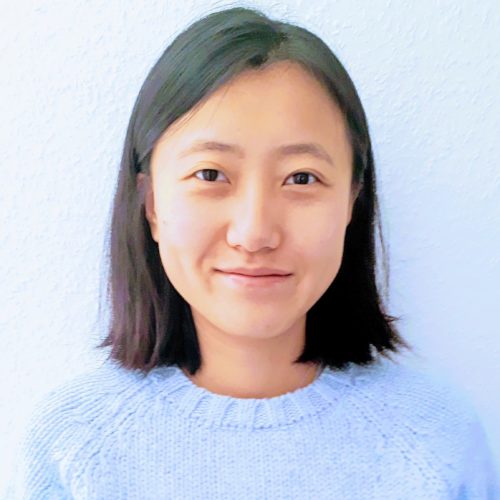PhD Project
A transition from a fossil fuel-based economy to a bio-based economy is considered to have high potentials to pave the way for not only environmental, but also economic and social sustainability. However, sceptical views of bioeconomy development and its impact exist – biological resources are essential for human livelihood yet involve rivalry in consumption, and are often vulnerable to mismanagement. The aforementioned properties of renewable biological resources and their transactions necessitate the inclusion of diverse stakeholders who have an influence on or are influenced by transactions of the resources.
This study aims to understand the interactions between discourse and institutions in shaping the direction of bioeconomy development, which produce winners and losers. The focus is placed on the inclusion of primary producers in the bioeconomy development in a European context. The study will answer questions such as what are the different framings of primary producer inclusion in bioeconomy strategies of the EU and its member states? how does language use legitimize or invalidate rules that determine distribution of resources and vice versa? how can institutions and governance facilitate the inclusion of primary producers?
The study takes an interdisciplinary approach and employs multiple methods such as document analysis, in-depth interviewing, and participant observation. The findings of this research may point to strategies to sociotechnical transition that takes relevant stakeholders into account and generates equitable sharing of benefits. This project has received funding from the European Union’s Horizon 2020 research and innovation programme under grant agreement Nº 862674.



